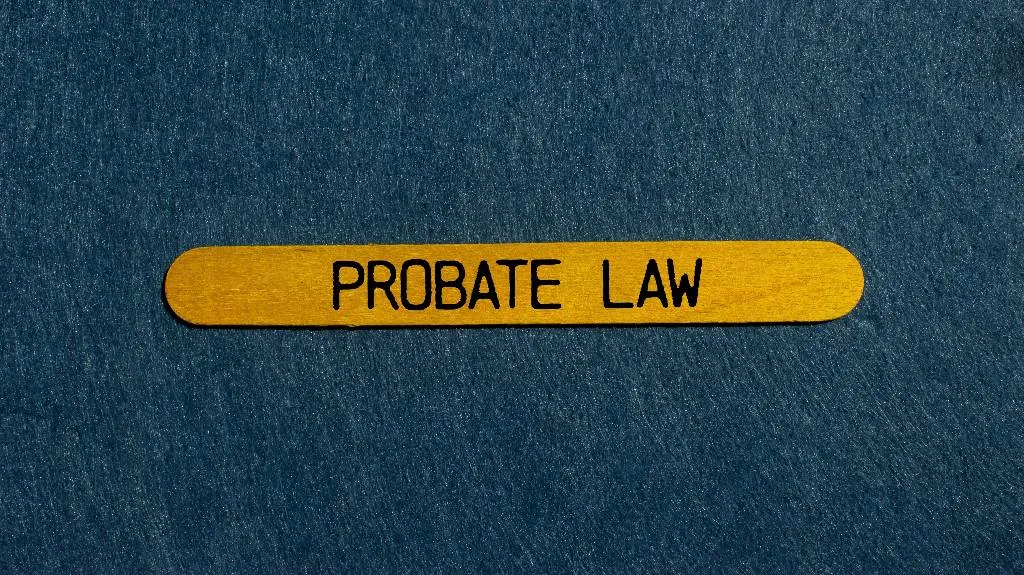When a trust is made irrevocable, either through the death of a settlor (the person who created the trust) or through expressed language in the trust agreement, the trust generally cannot be unilaterally amended or modified. However, this doesn’t mean that if the trust is no longer serving its original purpose, you are stuck with a useless trust.
The need to modify an irrevocable trust can arise from a multitude of different reasons, but not all allow for a modification. The first place to look is in the trust agreement itself. There are a few provisions the trust agreement may contain that provide for the process to modify the trust if it is, or has become irrevocable.
Get a Free Consultation Today
The first is a provision that authorizes the “decanting” of a trust. This power authorizes the transferring of trust assets to a new trust with more favorable terms that operate to accomplish the original intent of the settlor when the trust was created. California Probate Code § 19502 lays out the strict steps required to undergo the decanting process. However, this law was signed by the Governor less than two years ago. Meaning it is new and untested, and for those reasons may not be the best course to take. It is similar to trying an experimental medical procedure, it may work, but there are significant risks of failure. For more details on trust decanting, check out our previous article on the subject (https://filippilaw.com/decanting-how-to-fix-a-trust-that-isnt-getting-better-with-age).
Another provision that can be included in a trust agreement is that of a trust protector. A trust protector can be granted the power to amend the trust for the specific reasons listed in the trust agreement. For example, if the settlors were concerned future tax laws were going to affect the management of the trust’s assets, they could include the trust protector provision and grant that trust protector with the power to make amendments to the trust agreement should it be beneficial due to a change in tax law. This makes it so the trust agreement can be amended without involvement of the courts, thus allowing for the maintenance of privacy for trust matters. There are a multitude of powers that can be granted, but all should be carefully considered because these powers are significant and can have a detrimental impact if improperly used.
Finally, the most effective and sufficiently tested method is that of seeking a court order. California Probate Code §17200 allows the beneficiaries or trustees of a trust to petition the court to request a change or modification to the trust agreement’s terms. This is preferable in that the court’s order carries a significant amount of weight, but like any court process, it is a process left open to anyone wishing to look. Thus, privacy is the tradeoff over the previously discussed options.
Choosing which method to take requires the careful consideration of these aforementioned factors, and more. Thus, we encourage you to consult with an attorney who can discuss these options with you and help guide you in making the best decision for you and your family.
Carrying out the original intent of the trust is important so you can honor the settlor’s wishes. Don’t let an old and outdated trust prevent that from happening. Give us a call today and let’s discuss how we can make it right.
Filippi Law Firm, P.C., provides legal services in estate planning, probate, trust administration, trust litigation, and personal bankruptcy in the greater Sacramento area, with a focus in Rocklin, Roseville, Lincoln, and Granite Bay. Give us a call at (916) 333-7910 or fill out the contact form to get in touch with our office. Consultations are free, and they can be done over the phone, via Zoom, or in person at our office in Rocklin. Prepare for your future and work with the best estate planning attorneys today.




